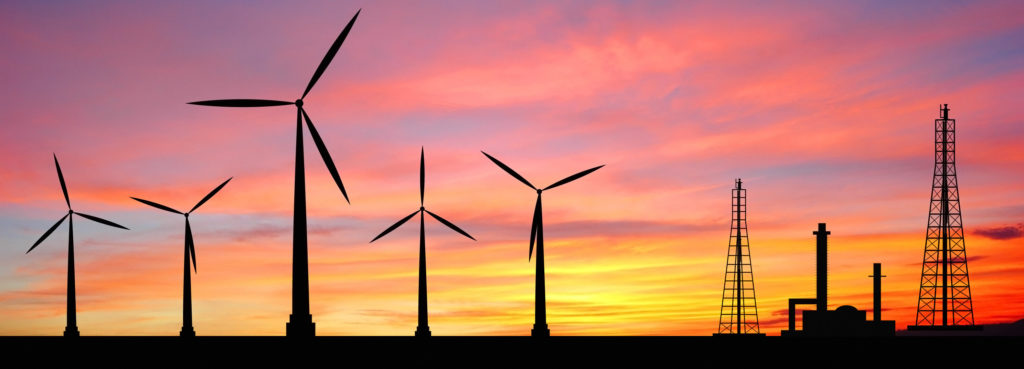 In today’s talking points: China lead in the Lithium fuelled Electric Vehicle race; Australia’s first offshore wind farm receives funding; Rising temperatures to impact wind power; China reverses coal ban in the face of gas shortage.
In today’s talking points: China lead in the Lithium fuelled Electric Vehicle race; Australia’s first offshore wind farm receives funding; Rising temperatures to impact wind power; China reverses coal ban in the face of gas shortage.
China lead in the Lithium fuelled Electric Vehicle race
China appears to be taking the lead in the adoption of Electric Vehicles and the securing of the resources, such as lithium, to power them. Major Chinese automobile manufacturers have planned to dramatically increase there EV quotas over the next two years, which is follows the Chinese Government’s policy to reduce petrol fuel engines. Some resource companies have seen these same manufactures directly invests, guaranteeing future supplies.
Read more at: PR Newswire
Australia’s first offshore wind farm receives funding
An $8 billion offshore wind farm has secured financial backing from a major international green energy investment fund. The project will be located 10 to 25kms off the coast of Victoria’s Gippsland region and is expected to produce 2000 megawatts annually.
Read more at: The Sydney Morning Herald
Rising temperatures to impact wind power
Rising temperatures caused by global warming look set to detriment the ability to produce electricity through wind power in the northern hemisphere. Professor Kris Karnauskas of the University of Colorado’s Ocean and Climate Lab attributes the change to weakened atmospheric instability, due to a lessened temperature difference between the equator and the north pole. The change could result in increased investment in wind power in Australia as energy companies look to alternatives to counter the change. Christian Peake of DNV GL states that Queensland looks set to be the main region to benefit from the potential boom, with a number of developments already underway in the region.
Read more at: ABC
China reverses coal ban in the face of gas shortage
China’s environment ministry issued a statement on Thursday, stating that an attempted winter coal ban had been lifted in 28 cities in order to avoid a heating crisis. Many citizens failed to make the switch to an alternative in time for the winter, leaving them without adequate heating. The ministry stated that while burning coal would be permitted, the transition to cleaner energy sources must continue. The coal ban came in the face of repeated winter red-alert pollution warnings, caused by increased burning to meet heating needs. While Greenpeace holds the move responsible for the best November air quality on record, it has been met with criticism online from those left without heat in areas that remain at subzero temperatures for weeks.
Read more at: BBC
